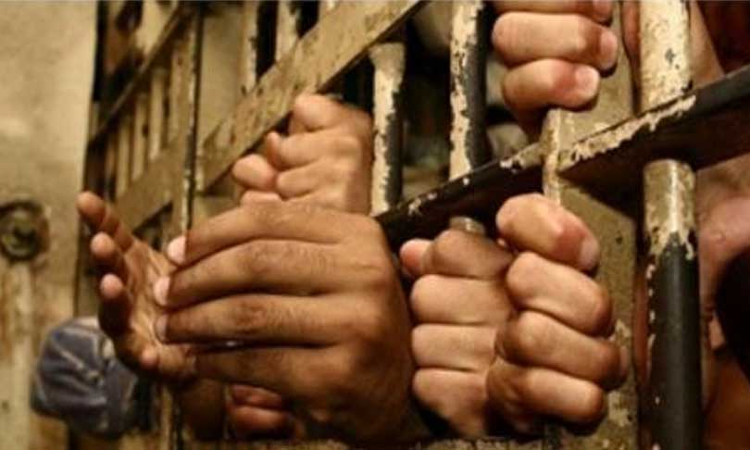Delhi HC Issues Notice On PIL For Allowing Conjugal Visits To Jail Inmates
akanksha jain
31 May 2019 4:41 PM IST

Next Story
31 May 2019 4:41 PM IST
The Delhi High Court on Friday issued notice to the Delhi government and the Director General (Prisons) on a PIL demanding that inmates in Delhi prisons be allowed conjugal visits, which is their fundamental as well as human right. A bench of Chief Justice Rajendra Menon and Justice Brijesh Sethi issued notice on the PIL moved by advocate and activist Amit Sahni who rued that inmates...
